Home to one of the largest and best-known tech ecosystems in Europe, Sweden is now emerging as a fintech powerhouse, counting nearly 400 companies that use technology and digital platforms to support, enable or innovate banking and financial services, according to data from Invest Stockholm, the official investment promotion agency of the city.
Some of these companies are now world leaders in their own industry, while others are rapidly expanding overseas. To get a sense of the Sweden’s most innovative and successful fintech companies, we look today at seven fast-growing Swedish fintech companies and their recent developments.
For this list, we’ve selected private, independent fintech companies, and excluded the likes of Zettle, formerly iZettle, (acquired by PayPal in 2018), Lendify (acquired by Danish challenger bank Lunar in April 2021), and Trustly (owned by buyout group Nordic Capital since 2018). We also excluded Qapital, a popular personal finance mobile app which now exclusively focuses on the US market.
Klarna
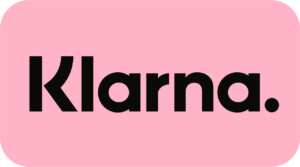
Founded in 2005, Klarna is a fintech company that provides online financial services such as payments for online storefronts, direct payments and post purchase payments (buy now pay later). It’s one of the most highly-valued private fintechs globally with a valuation of US$31 billion, serving some 90 million active consumers and 250,000 merchants in 17 countries.
Klarna’s core service is to offer payment solutions for the e-commerce industry, and it is designed to make payments simple and safe for buyers and sellers by managing store claims and customer payments.
In recent years, Klarna has focused on expanding into the broader digital banking space, launching in February 2021 a consumer bank account Germany. The offer, currently available to a limited number of German customers, allows users to track, categorize and analyze all of their everyday spending using the Klarna app. The account will come with an accompanying Visa debit card.
Klarna also plans to add savings goals and savings accounts, which is already live in Sweden.
Tink

Tink started off in 2012 as a consumer app that helped customers keep track of their personal finances, but later pivoted to providing banks and financial companies with its aggregation software. It’s now one of Europe leading open banking companies.
Tink’s platform connects to more than 3,400 banks that reach over 250 million bank customers across Europe, allowing customers to access aggregated financial data, initiate payments, enrich transactions and build personal finance management tools through one API.
Tink serves more than 300 banks and fintechs in 18 European markets, and was valued at EUR 680 million after its EUR 85 million round in December 2020. Its backers range from online payments processing giant PayPal to major European banks like BNP Paribas and ABN Amro.
Milvik (Bima)
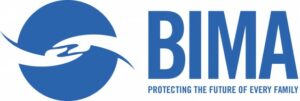
Founded in 2010, Milvik, also known as Bima, is a microinsurance company operating in emerging markets across Asia, Africa and Latin America. It uses mobile technology to deliver affordable and easy to use digital health and insurtech services to over 35 million consumers in 14 markets.
Through its health hub approach, customers have access to a set of integrated health services, including health programs for managing chronic illnesses, discounts at pharmacies, and drug delivery. Its health wallet for funding medication-based expenses has also been extended to masks and hand sanitizers during the pandemic.
Bima has raised more than US$200 million in funding so far, according to Crunchbase data. Its backed by investors including Allianz X, CreditEase Fintech Investment Fund, Axiata Digital Innovation Fund, and Kinnevik.
Anyfin
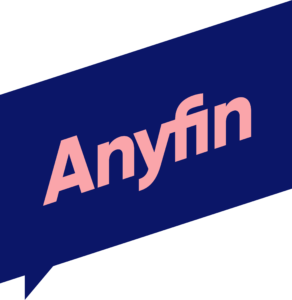
Launched in 2018, Anyfin provides a digital lending platform focused on refinancing. Users simply have to upload a photo of their latest credit card or loan statement on the platform. In return, Anyfin sends them a new offer with better loan terms. Anyfin pays off the user’s old debt and issues a new loan with the new terms.
The Anyfin app also provides users with smart budgeting tools, allowing them to make better financial decisions and have control of their finances thanks to data-driven insights. Users can keep track of how much money they have left to spend before the next paycheck, view their monthly subscriptions, calculate a reasonable daily budget, and more. Another smart feature is the “credit blocker,” which allows users to block certain credit providers so they can’t take on new lines of credit.
Anyfin has raised EUR 39.8 million from investors including Accel, Northzone and Global Founder Capital.
Minna Technologies

Founded in 2016, Minna Technologies is the developer of a subscription management software tool for retail banks.
Minna allows customers to manage subscription services via their bank’s app. Instead of spending hours on the phone or going through web pages trying to cancel a subscription, Minna can terminate it at the push of a button. This ensures that no extra money is taken from the account as well as cuts the data ties between the merchant and customer. The platform can also notify customers when a free trial is about to end to prevent them from being charged, and facilitates utilities switching to help customers find better deals.
Demand for Minna’s subscription management solutions has sharply risen amid the growth of the subscription economy. The startup raised a EUR 15.5 million Series B in January 2021 to further its growth, expand geographically and scale its technology.
Minna serves clients including Lloyds Banking Group, Swedbank and ING, and is backed by investors such as Visa and Element Ventures. It serves around 20 million end-users.
Qred
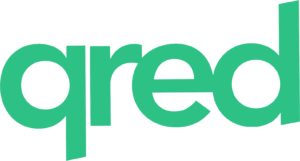
Launched in 2015, Qred is a market leader in business financing, providing small and medium-sized enterprises (SMEs) with fast, flexible and safe loans.
Qred allows active businesses to apply for up to EUR 100,000. Loan applications are handled within an hour, and the funds are paid out the same day. Customers pay a fixed fee for every month they hold the loan, there are no hidden fees, and they can pre-pay when they want to. The monthly fee is set individually based on the company’s so-called “qred-score.”
Qred has been working on expanding to product offering, announcing earlier this month the Qred Credit Card. The card, created in partnership with Visa, will be launched later this year and is first in line in many new products planned for launch.
Last year, Qred was granted a payment services license from Sweden’s financial regulator, the Financial Supervisory Authority (S-FSA), and launched in Belgium, its sixth market after Sweden, Finland, Denmark, the Netherlands, and Brazil.
The startup was named one of the top 1,000 fastest-growing companies in Europe in 2021 by the Financial Times, ranking 116th.
Rocker (Bynk)

Rocker, formerly Bynk, started off in 2017 in the consumer lending space before expanding into digital banking. Today, Rocker operates a mobile-based digital banking platform, offering products and services including a savings account, a debit card, easy know-your customer and onboarding, personal financial management tools, payment capabilities, and consumer loans.
In 2019, Rocker’s net sales exceeded US$10.6 million in 2019, representing a growth of 180% across the year. The startup has plans to expand in Europe, and has been exploring the possibility of a public listing.
Rocker has raised EUR 76.5 million and is valued at EUR 220 million. It’s backed by investors including Schibsted, LMK-industri and angel investor Patrick Grimlund.

Featured image credit: Edited from Unsplash

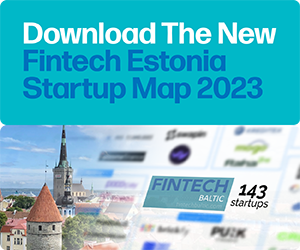

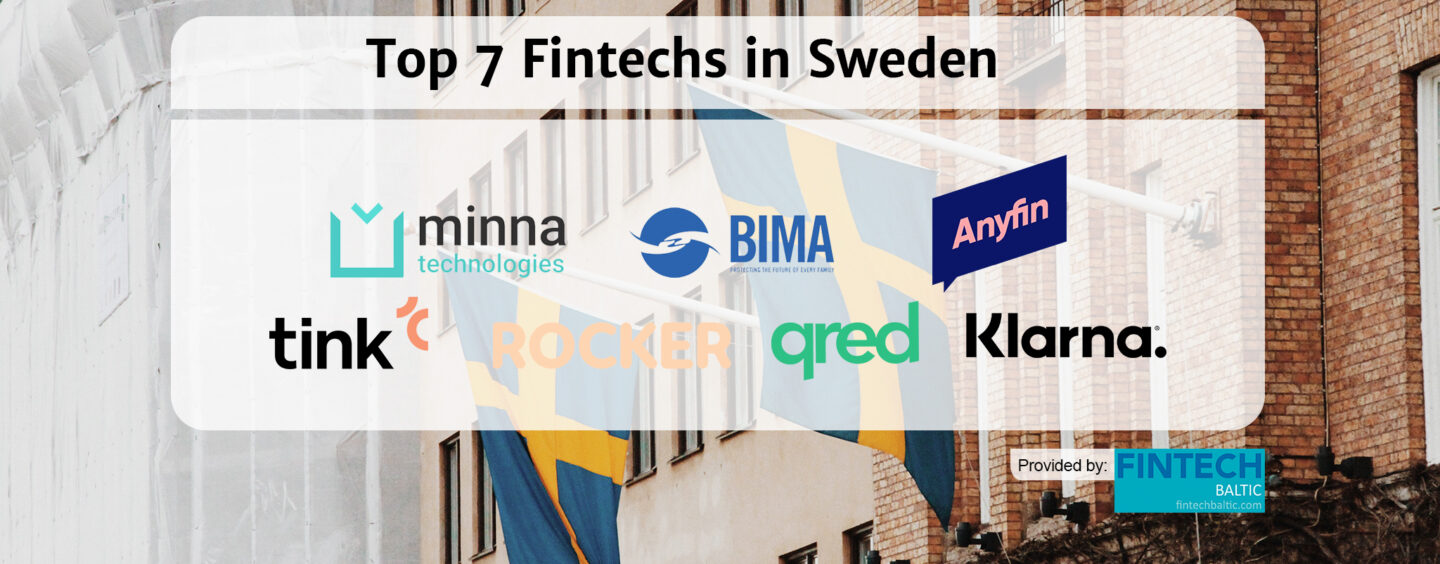
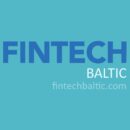
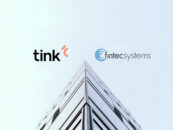


No Comments so far
Jump into a conversationNo Comments Yet!
You can be the one to start a conversation.